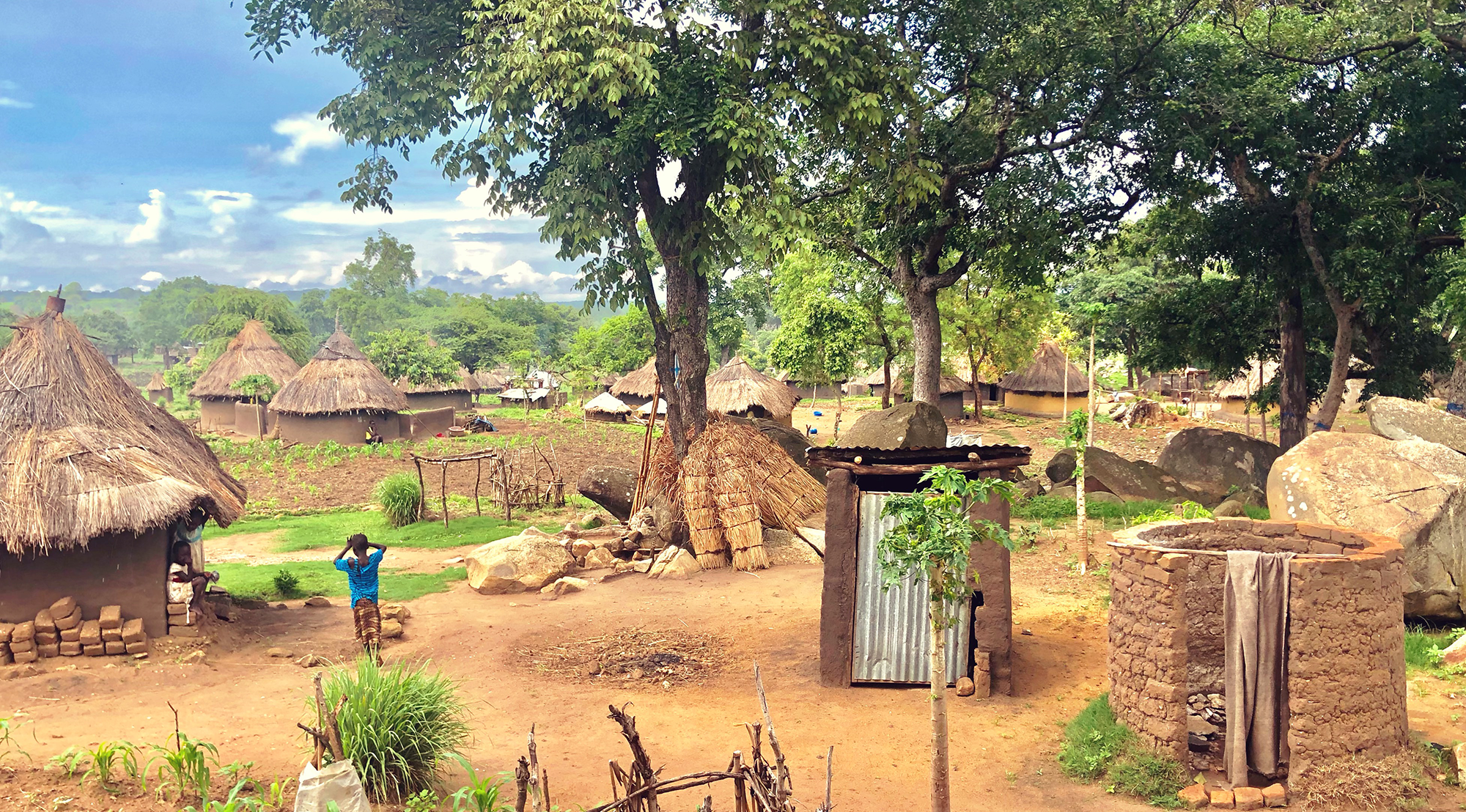Following around 20 years of conflict between the Lord’s Resistance Army (LRA) and the Ugandan government, the militant group has been expelled from the country. However, the crimes that took place continue to impact a portion of the population whose wounds have not yet healed. But Uganda has experienced recent stability since the mid-2000s. This makes it the largest refugee-hosting country in East Africa, with 1.5 million refugees (UNHCR, April 2021). These refugees come mostly from South Sudan and the Democratic Republic of Congo and flee from conflict and human rights violations, including killings, torture, and kidnappings.
The Refugee Law Project (RLP) was established in 1999 to provide free legal aid to protect the rights of refugees. However, as legal issues proved to be symptoms of deeper-rooted causes, particularly psychological, physical, and sexual violence during conflicts or while fleeing, RLP expanded its services. The organization also currently supports asylum seekers, refugees, deportees, internally displaced persons, and host communities.
It is often assumed that cases of sexual violence are commonplace in conflict situations, but as of now, no robust data is available. In an environment where sexual violence is unrecognized and taboo, survivors tend not to seek help and, therefore, do not receive appropriate support.
The RLP has developed a systematic approach that makes it possible to understand each client’s experience and precisely identify their needs to offer them full support. Using an interactive questionnaire on a tablet (referred to as the screening tool), RLP employees allow victims to share their experiences and suffering resulting from war. Of the 6,500 clients who have participated in screening over the past three years, 80% gave positive feedback, 15% neutral feedback, and 5% negative feedback. The majority of participants stated that this was the first time a humanitarian organization had devoted so much time and attention to them.
Following the screening, RLP employees have enough information to offer the appropriate services. This may include legal or psychological support offered within the organization or referring the client to a hospital with which the organization works. “21 Years Running” is a ten-minute documentary (link below) that illustrates the results of the RLP’s screening. One person recounts the sexual violence she experienced during the conflict in South Sudan and describes the dramatic consequences for her health and daily life.
The systematic approach of the RLP’s screening is essential to reduce the under-reporting of experiences of sexual violence in conflict situations. Screening identifies the needs of survivors of violence and provides them with targeted support, while, at the same time, statistics taken from the data collected make evidence-based advocacy possible. In this sense, responding to and documenting the harm caused by war contributes to peacebuilding.


